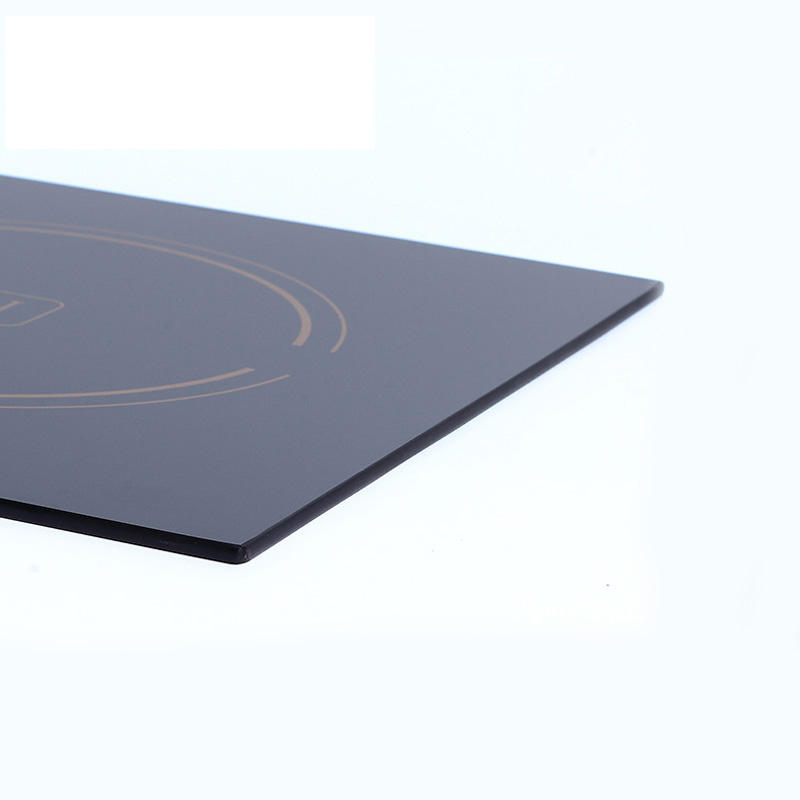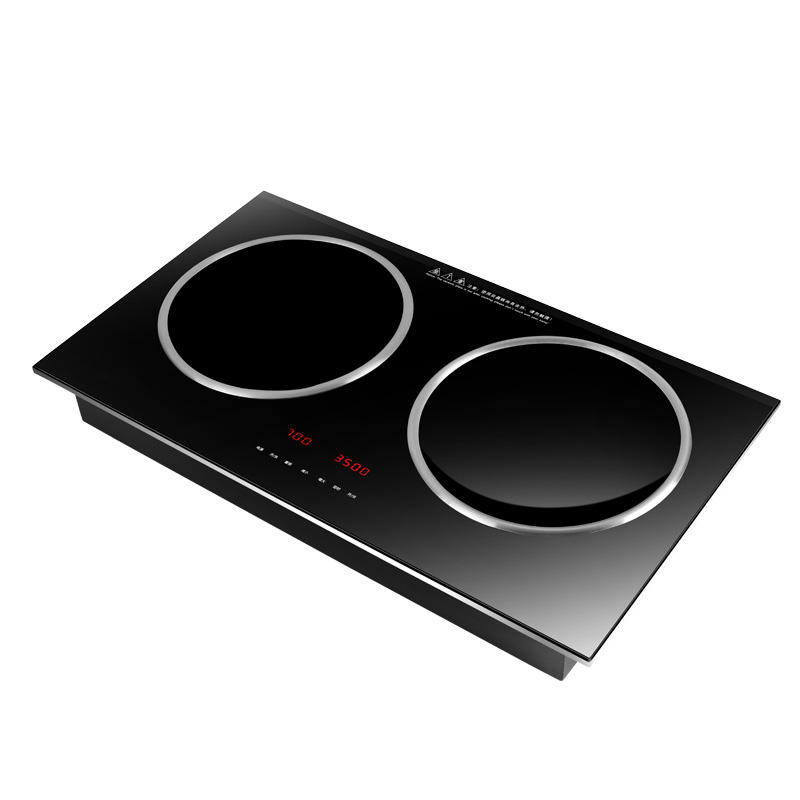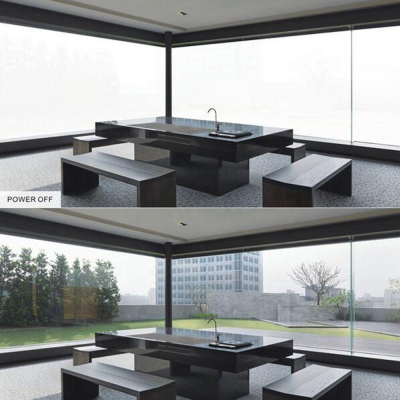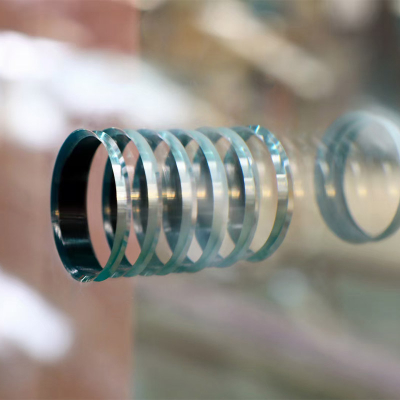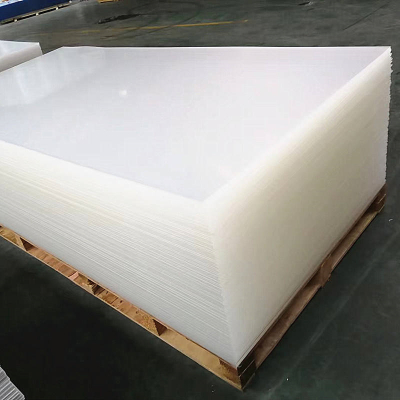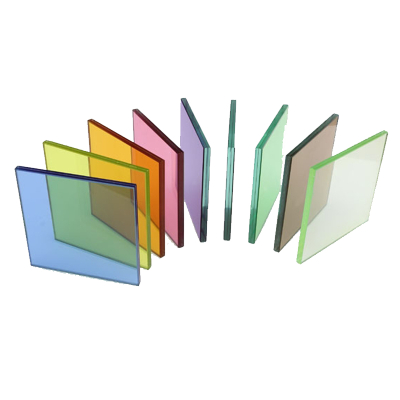Appliance Glass
1. Transparency: Appliance glass is highly transparent, allowing users to easily see the contents inside appliances such as ovens, refrigerators, and microwaves. This transparency helps users monitor their food or items without opening the appliance, maintaining the desired temperature or environment.
2. Heat resistance: Appliance glass is designed to withstand high temperatures without cracking or shattering. This property is crucial for appliances that generate heat, such as ovens and stovetops, ensuring safe and reliable operation.
Product Description
Appliance glass refers to glass materials that are specifically designed for use in household appliances. It is commonly used in appliances such as ovens, refrigerators, microwave doors, and cooktops. Appliance glass is chosen for its high heat resistance, durability, and safety features. It is typically made from tempered glass, which is able to withstand high temperatures without shattering. Appliance glass also has excellent insulation properties, helping to maintain energy efficiency in appliances. Additionally, it is often treated with coatings to enhance its functionality, such as anti-reflective or easy-to-clean coatings. Appliance glass combines functionality, safety, and aesthetic appeal to enhance the performance and appearance of household appliances.
Product Advantages
1. Transparency: Appliance glass is highly transparent, allowing users to easily see the contents inside appliances such as ovens, refrigerators, and microwaves. This transparency helps users monitor their food or items without opening the appliance, maintaining the desired temperature or environment.
2. Heat resistance: Appliance glass is designed to withstand high temperatures without cracking or shattering. This property is crucial for appliances that generate heat, such as ovens and stovetops, ensuring safe and reliable operation.
3. Thermal insulation: Appliance glass has excellent thermal insulation properties, helping to maintain the desired temperature inside appliances. It prevents heat loss or gain, allowing appliances to operate efficiently and save energy.
4. Easy to clean: Appliance glass surfaces are smooth and non-porous, making them easy to clean. They can be wiped down with a damp cloth or glass cleaner, removing any spills or stains quickly.
5. Chemical resistance: Appliance glass is resistant to chemicals commonly used in household cleaning products, ensuring that it remains unaffected by cleaning agents. This resistance allows users to clean appliance glass without worrying about damage or discoloration.


